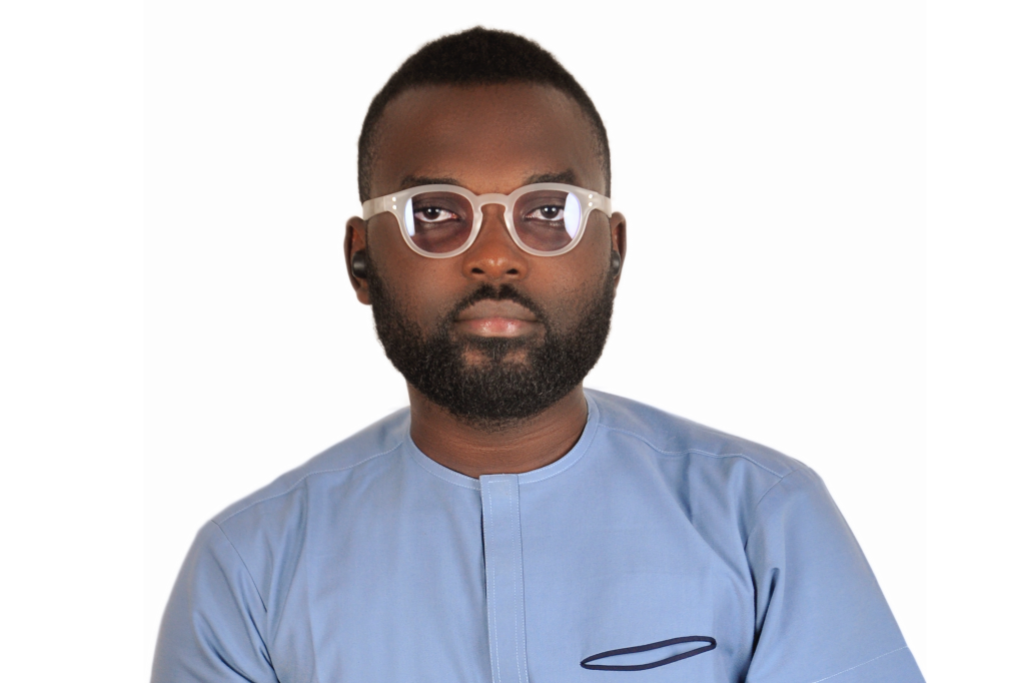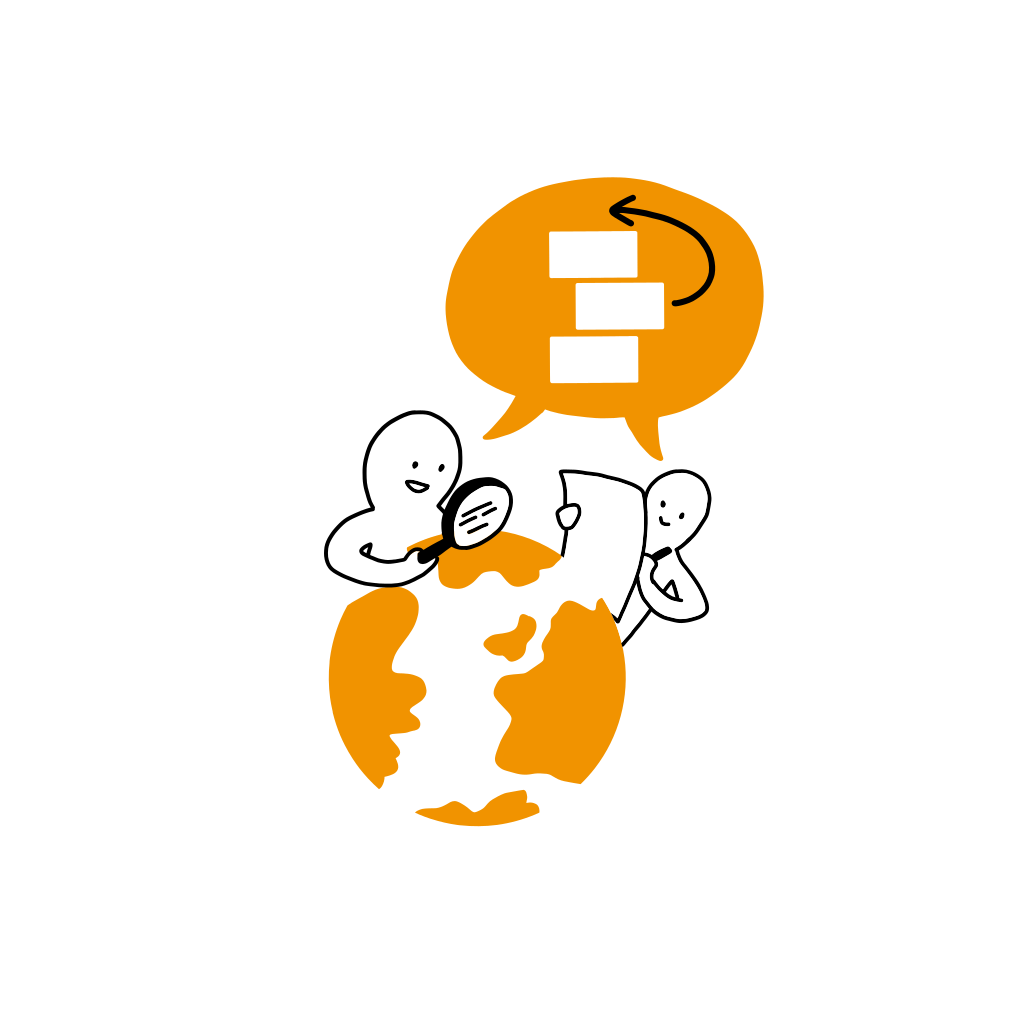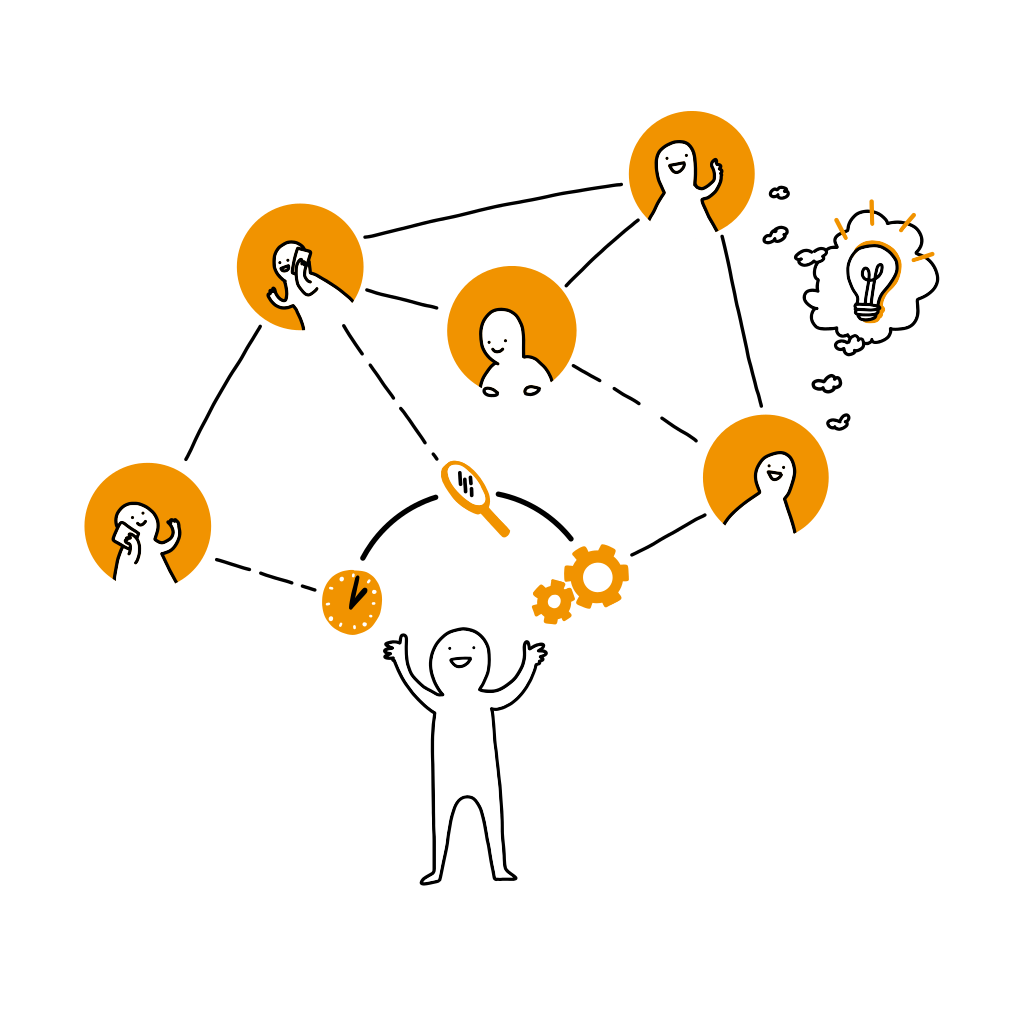Collaborators of the Africa Knowledge Initiative (AKI), the African Union (AU) and the Wikimedia Foundation, are very excited to announce that Ceslause Ogbonnaya from the Igbo Wikimedians User Group has been recruited as the Wikimedian in Residence (WiR) for the African Knowledge Initiative Project.
The Africa Knowledge Initiative aims to increase coverage of African-related topics on Wikimedia projects. AKI will leverage the immense spirit of collaboration within the African communities and create avenues for partnership with like-minded external partners that share the project’s mission.
Ceslause, who was selected following a competitive recruitment process brings a wealth of knowledge in project management, multicultural & multilingual communications, community relations and experience from running projects across the African continent. Embedded with our implementing partner, Africa No Filter — whose mission is to ”support the development of nuanced and contemporary stories that shift stereotypical and harmful narratives within and about Africa” — Ceslause will serve as the project lead and the bridge between project stakeholders and Wikimedia communities.
According to Ceslause, “The contribution to the sum of free knowledge isn’t complete until every group of people is equally represented in it, irrespective of their origin or background”.
He recounts his experience from working with Wiki Loves Africa organizers, and the expertise African photographers or creatives bring into Open knowledge. He believes the AKI is a great project that will help align more African individuals with their areas of interest and expertise within the Wiki-sphere.
Aligning with Movement Strategy
As observed from the prioritization discussion around the Movement Strategy, the majority of Wikimedia communities in Africa prioritized Topics for Impact and Invest in Skills & Leadership Development as key focus areas. In addition, these two focus areas prioritized by the African communities are also among the top nine community-prioritized initiatives in the Movement strategy. This makes the AKI project timely as the region begins implementation of the Movement Strategy.
Fostering collaborations to bridge content gaps, experimenting toward future movement structures
The AKI project also seeks to provide a framework to work with the African Union and other partners from the continent on key content gap areas, and to build capacity within our communities. The yearlong cycle of activities will be centered around three African Union holidays: Africa Youth Day, African Environment/Wangari Maathai Day, and Africa Day, which are relevant, annual celebrations in the region, whose themes — connected to AU’s Agenda 2063 goals — will help enhance content creation around the various topic areas. The opportunity will also allow our communities to work with the resources and networks of these partners to bridge the content gaps that exist on Wikipedia and its sister projects.
Aligning the movement’s conversation on Topics for Impact with regional partners like the AU creates an opportunity to amplify our efforts in all the 55 member states, and positions us with civil society organizations and change makers that have an interest in those topical areas. This partnership also provides an opportunity for communities to experiment with different collaborative structures as the movement evolves towards decentralizing decision-making and new entities like regional hubs, as envisioned in the Movement Strategy.
It’s time for communities to get involved!
AKI will be rolled out in various phases, designed to include community engagement and participation. The next phase will focus on recruiting implementing partners to lead the AU holiday-themed campaign rounds.
We will soon open calls to invite Wikimedia Affiliates, aligned institutions and prospective partners who have an experience organizing within the Wikimedia movement and are interested in the aforementioned topical areas. The WIR will be tasked, among other things, with opening a call to select these three organizers (affiliates, institutions, individuals, etc.) for each of the campaign rounds.
Stay tuned for the next community conversations on 19th August (we will update with an event link soon) to discuss, share and shape the future of this monumental project for the continent. In the meantime, you can reach us via campaigns@wikimedia.org if you have any further questions about the project.

Can you help us translate this article?
In order for this article to reach as many people as possible we would like your help. Can you translate this article to get the message out?
Start translation


